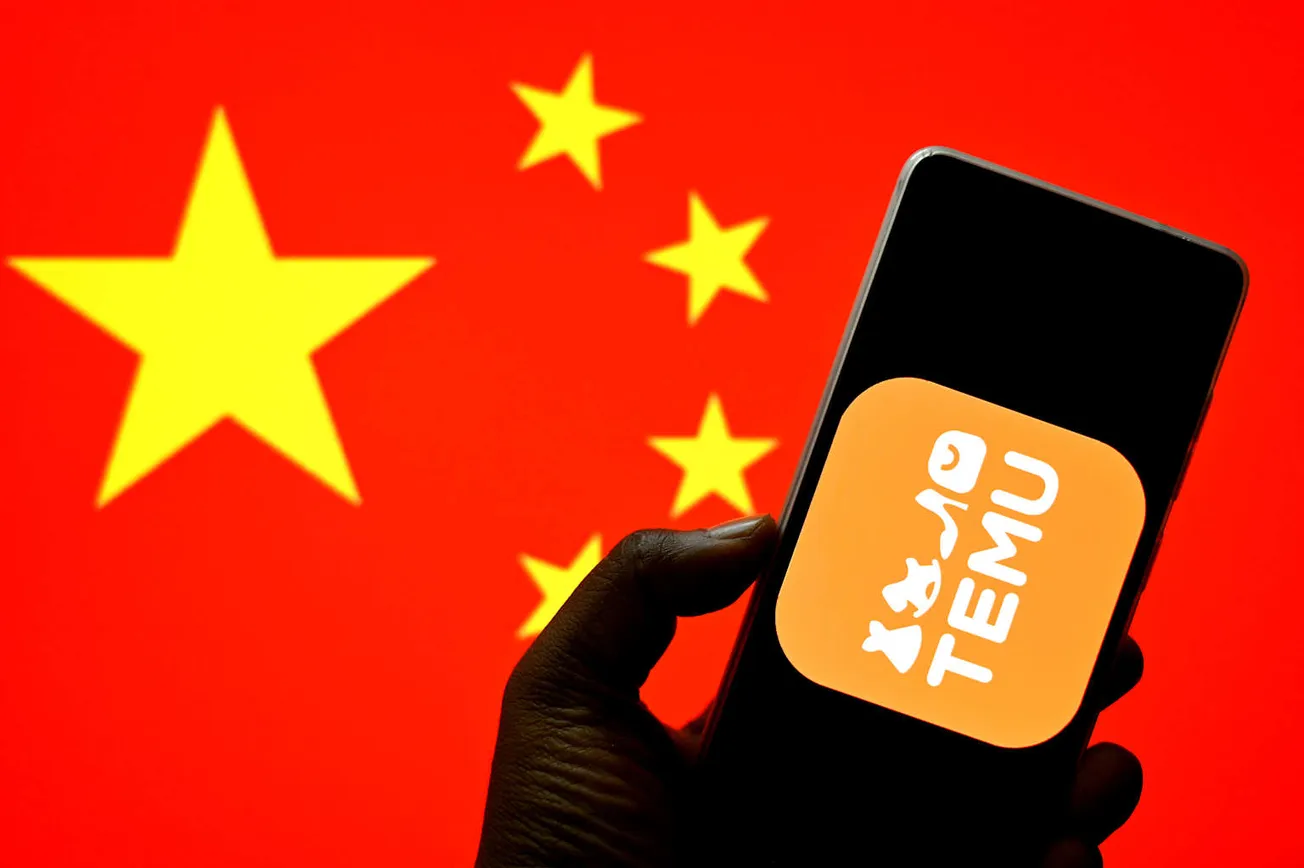Table of Contents
In a dramatic shift to its business model, Chinese e-commerce giant Temu has abruptly removed all products shipped directly from China from its US platform, responding to the end of a key tariff exemption.
Key Takeaways
- Temu has completely transitioned to a "local fulfillment model" in the US, showing only products stored in American warehouses to US customers.
- The change comes as the Trump administration eliminated the "de minimis" exemption that previously allowed duty-free entry for shipments valued under $800.
- US consumers now face a significantly reduced selection of products on Temu, with many previously available items suddenly marked as "sold out."
- The company claims pricing for US consumers will remain unchanged despite the shift to domestic fulfillment.
- Temu is actively recruiting US-based sellers to join its platform as it adapts its business strategy to navigate the new tariff landscape.
- The platform initially responded to tariff changes by displaying separate "import charges" that often exceeded the price of items themselves.
- This shift fundamentally challenges Temu's core business model, which relied on direct fulfillment from Chinese suppliers to maintain ultra-low prices.
The End of De Minimis: A Game-Changing Trade Policy Shift
The dramatic changes at Temu come in direct response to President Trump's executive order eliminating the "de minimis" exemption for Chinese goods. This longstanding rule had allowed items valued at $800 or less to enter the US without incurring duties since 2016. The exemption officially ended at 12:01 a.m. on May 2, 2025, forcing a complete overhaul of Temu's business operations.
Both the Trump and Biden administrations had criticized the de minimis rule, arguing it harmed US businesses and was exploited for smuggling illegal items, including narcotics. The rule's elimination, combined with Trump's newly imposed 145% tariffs on Chinese goods, has fundamentally altered the cross-border e-commerce landscape.
Over the past decade, the number of shipments claiming the de minimis exemption had risen from 140 million to over 1 billion annually, with most coming from China-founded e-commerce platforms. This explosive growth made the exemption a prime target for trade policy reform.
Temu's Rapid Transformation: From Chinese Imports to Local Fulfillment
In response to these policy changes, Temu has completely overhauled its US operations. The platform, which had built its reputation on providing direct access to made-in-China products at rock-bottom prices, now exclusively shows items labeled as "Local" to US shoppers.
This shift happened with remarkable speed. In late April, Temu first announced it would raise prices on products shipped from China. Shortly after, the platform began displaying separate "import charges" for orders. By early May, US consumers discovered that Temu had completely restricted access to any product listings for items located outside the US.
A Temu spokesperson described this dramatic pivot as "part of Temu's ongoing adjustments to improve service levels," adding that the company has been actively recruiting US sellers to join the platform. The company insists that "pricing for US consumers remains unchanged as the platform shifts to a local fulfillment model."
Impact on Consumers and Sellers
The abrupt transition has created significant confusion and frustration among both US consumers and Chinese suppliers. Many US shoppers have reported that items previously saved on wishlists or in shopping carts suddenly became unavailable overnight. One user on Reddit lamented, "I relied heavily on Temu items for my business, and I'm panicking because I can't find my usual supplies."
The changes have also bewildered Temu sellers in China, who reportedly weren't informed in advance that American consumers would soon be unable to browse their products. One furniture and home decor seller from China described the situation as "chaotic," noting that business has been significantly impacted by the fluctuating tariffs.
Industry analysts suggest that these changes have made Temu more similar to established e-commerce giants like Amazon. "Today, Temu resembles Amazon significantly. Everything purchased on Temu will now likely be shipped from their US warehouse, and probably within just a few days," noted one independent e-commerce industry analyst.
Temu's Evolving Business Strategy
Even before the tariffs were announced, Temu had been experimenting with business model changes, including increasing inventory stored in US warehouses and testing a more conventional logistics structure similar to Amazon's.
The platform is now exploring a new shipping initiative called "Y2," which represents a more flexible version of Temu's existing US warehousing model. Under this approach, sellers ship individual orders instead of bulk inventory but remain responsible for managing the new tariffs and customs declaration process.
In its public statements, Temu has emphasized its commitment to supporting local merchants. The company claims its initiative "aims to assist local merchants in reaching more customers and expanding their operations." However, analysts warn that Temu has already lost much of its price advantage and will face additional challenges when its existing US inventory is depleted.
The Future of Cross-Border E-commerce
Trump's trade policies could fundamentally reshape how Chinese e-commerce platforms operate within the US market. Temu gained popularity largely through extensive advertising and consistently offering lower prices than competitors. With heightened tariffs and the end of de minimis, the costs of Temu products may rise significantly, and delivery times could extend as packages face more stringent customs clearance.
Like other businesses reliant on goods manufactured in China, Temu is likely hoping for a future reversal of these tariffs or preparing for further business model adaptations. The company's rapid pivot demonstrates both the agility of modern e-commerce platforms and the profound impact that trade policy can have on global retail operations.
As cross-border e-commerce continues to evolve under these new constraints, both consumers and sellers will need to adapt to a marketplace where the ultra-cheap, direct-from-China business model may no longer be viable.








